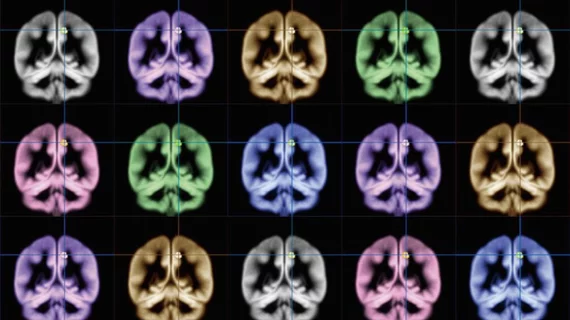Highly touted Alzheimer’s drugs fail to slow cognitive decline
Two drugs designed to attack amyloid in patients with Alzheimer’s disease failed to prevent or slow neurological decline, leaving researchers wondering where to turn next.
The New York Times reported on results of a five-year study released Monday. The trial involved nearly 200 individuals in the U.S., Europe and other countries who had genetic mutations that greatly increased their probability of developing Alzheimer’s. Participants received monthly doses of either solanezumab or gantenerumab, along with annual blood tests, brain scans, spinal taps and cognitive tests. About 40 family members served as a control group, and did not take any medication.
Upon seeing the results, Randall Bateman, principal investigator of the research and a neurologist at Washington University in St. Louis, said he was “shocked.”
Full results of the DIAN-TU study are still being combed over and will be presented April 2 at a scientific conference in Vienna.
Despite the results, some experts believe the problems are fixable, but one study participant expressed his disappointment upon hearing the news.
“We were so hopeful,” Marty Reiswig said to the Times. “The devastating part of it for me is that I was really hoping this would change the world.”
Read the entire story below.

